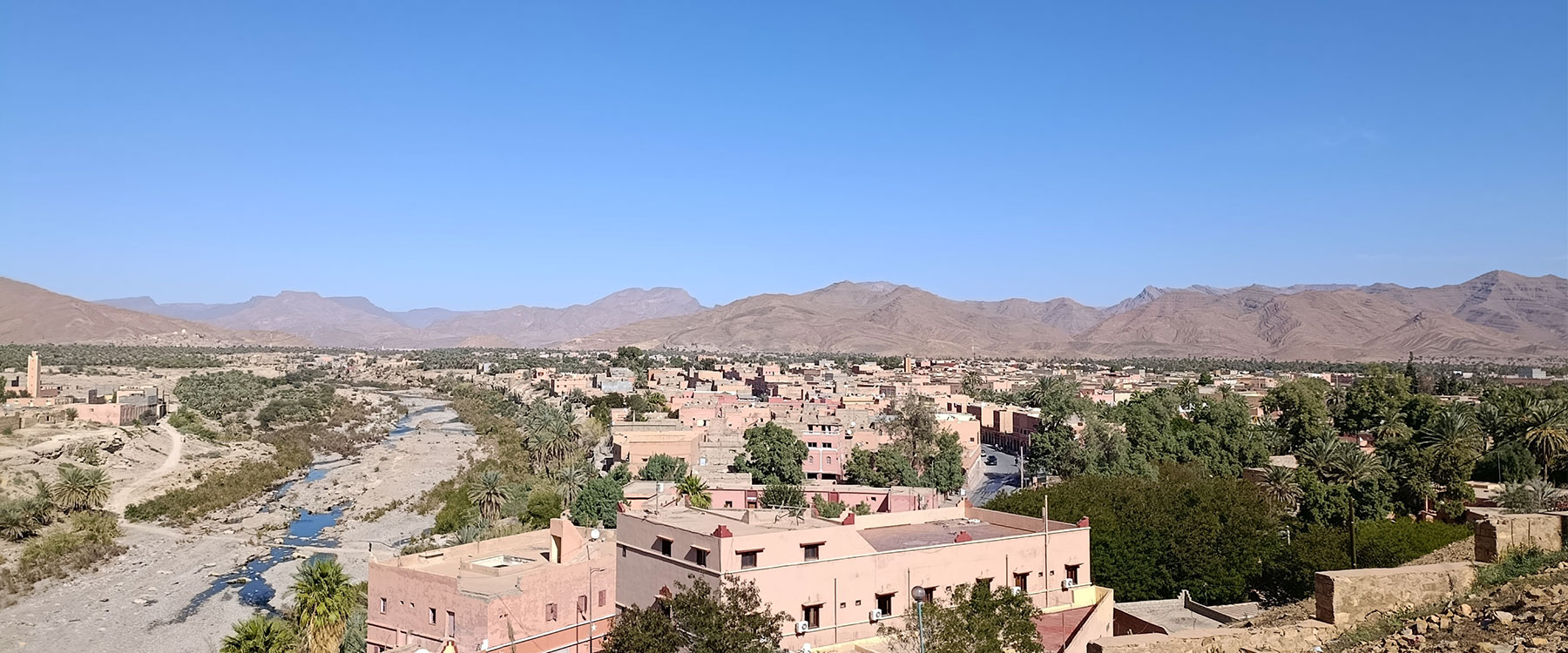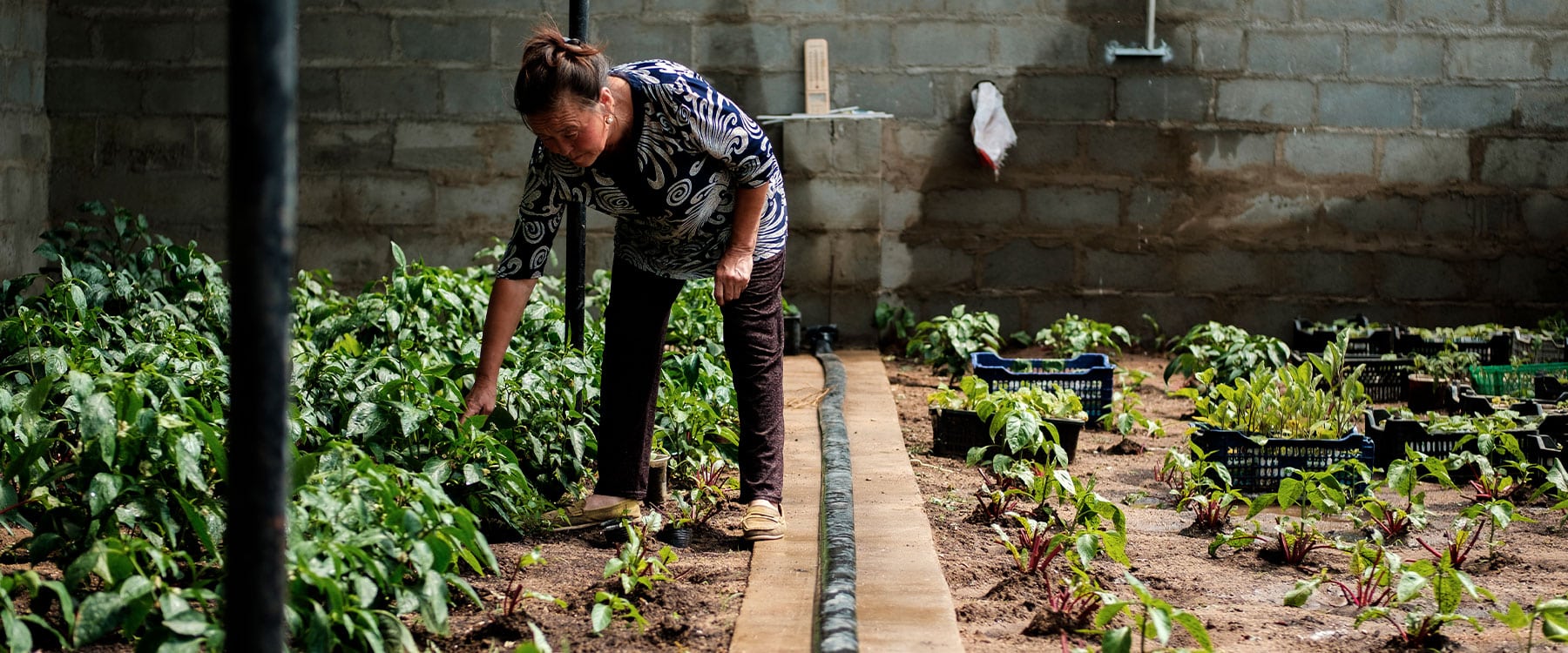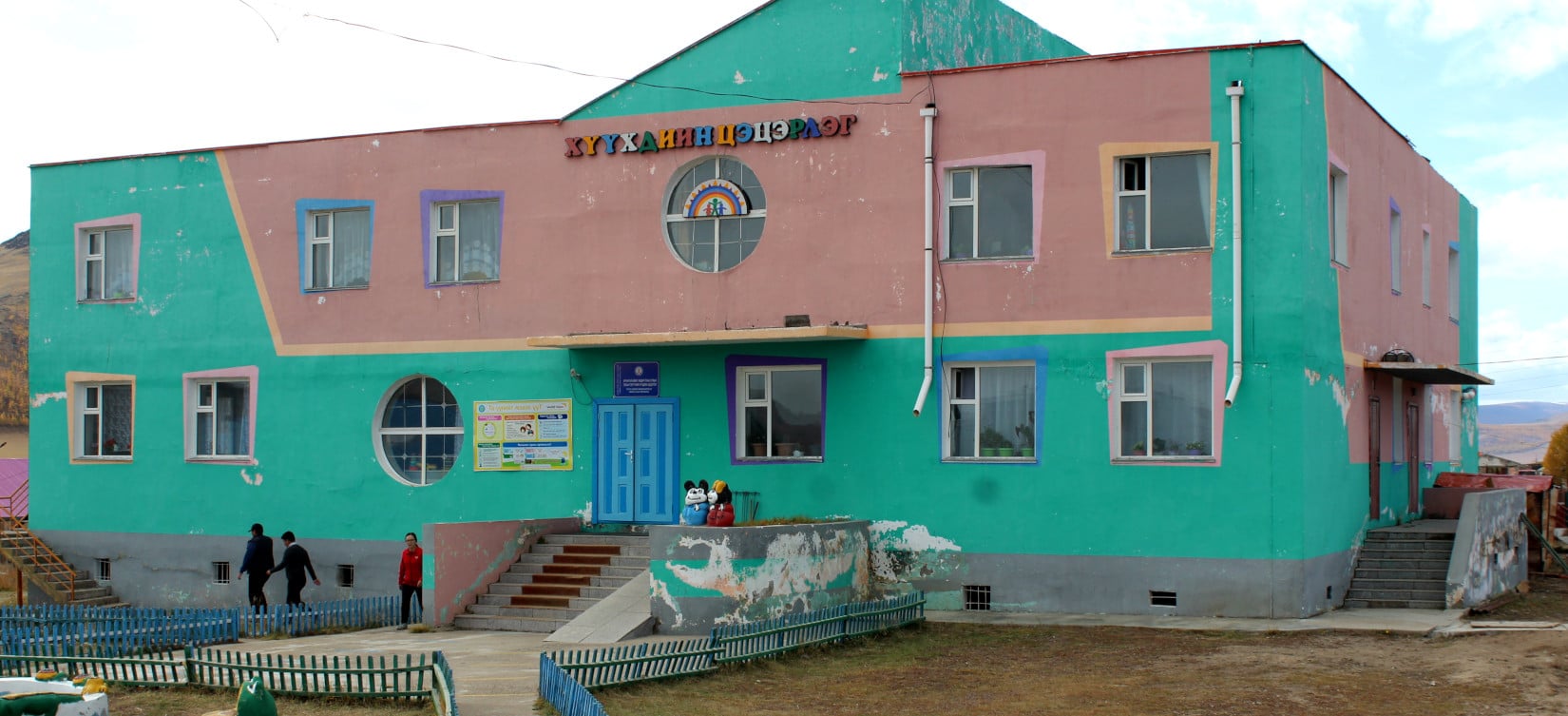Mongolia
Context and challenges
Mongolia is a vast country in Asia, enclosed by Russia and China. The country has the lowest population density in the world. The extreme climate conditions pose a challenge to all human activities and life.
Since the early 1990s, changes in lifestyle have been extremely rapid and significant: moving from a communist economy to a market economy, moving from nomadism to a sedentary life, opening up and accessing Western lifestyles through expatriation and information networks. These moves are gradually changing Mongolians’ diets and vegetable consumption is rising swiftly.
Despite the government’s efforts to promote vegetable growing, local production only meets half of the needs. Local vegetable supply chains could, however, both create job opportunities and meet the growing demand for fresh, high-quality vegetables.
The extreme continental climate of Mongolia is also forcing some families to move towards a more sedentary lifestyle and settle in Ulan Bator. These climate migrants have gathered in the city looking for new ways of living, eating and working. These districts, or rather shantytowns, on the outskirts of the city contain 800,000 people, close to 60% of the population of Ulan Bator. The unemployment rate is an estimated 60% and almost a third of the population lives below the poverty line.
The situation is particularly difficult during the eight months of winter. Faced with extreme temperatures, families burn wood or charcoal to keep warm.
These fuels cause atmospheric pollution with a particularly high level of fine particulates, which can be as much as 12 times the limits recommended by the World Health Organization. In view of this and drawing on its expertise in similar situations, Geres is seeking to offer concrete solutions.
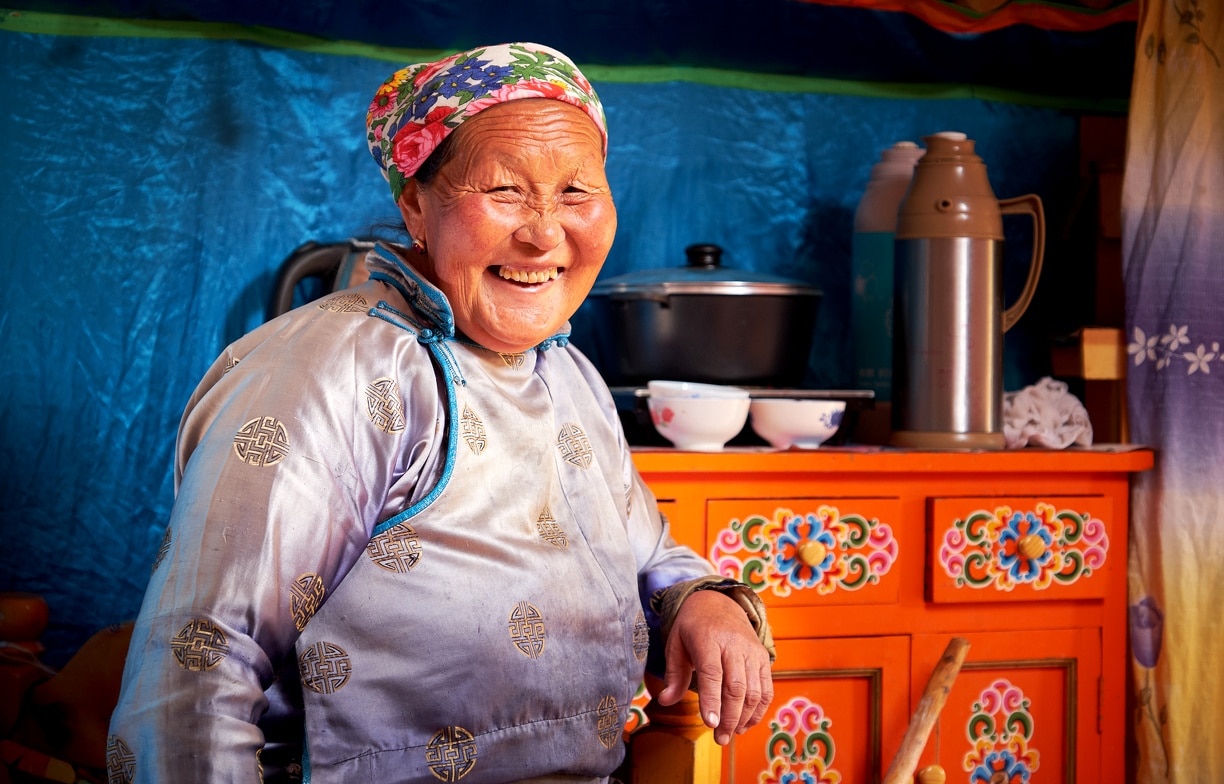
Geres in Mongolia
The activities developed by Geres Mongolia all relate to energy efficiency.
Geres first approach dates back to 2010, when it began developing a model of passive solar greenhouses for vegetable production. In consultation with stakeholders in the sector and in liaison with the local authorities, it was then planned to work on developing and introducing bioclimatic cellars . In both cases, the proposed solutions were designed to be affordable, low- energy and suited to local conditions.
The introduction of the greenhouses resulted in an extension of the growing season, by shortening the period when production is impossible due to intense cold, while the cellars not only improve storage but also allow producers to sell at times when prices are higher.
The living conditions of rural communities are improved by means of greater access to locally produced organic vegetables and generation of additional income. Geres has already instigated the construction of 276 passive solar greenhouses and 30 bioclimatic cellars.
Geres is particularly active today in the provinces of Selenge as well as in Ulaanbaatar, the capital of the country.
In Selenge, our action is supported by the Solidarity Fund for Innovative Projects of the French Ministry of Europe and Foreign Affairs. Its objective is to characterize a financial investment model in bioclimatic solutions for simple and efficient market garden by agricultural groups which are most of the time women.
The CEMAATERR program was held in 2016 for six years with a deep territorial approach to Arkhangai. After a vulnerability study, the intervention was focused on public buildings to improve the comfort and well-being of occupants and users by reducing energy consumption and air pollution. To do so, a territorial assessment study of 241 buildings and energy passports of 62 of them was conducted and led to three retrofitting pilots.However, as a comprehensive approach, the project supports the establishment of a multi-stakeholder committee and a stakeholder mapping and analysis. Thanks to that, the SDG NGO andJournalists implement local awareness-raising, the BEEC runs a capacity-building program, and the decision-makers participate in policy analysis to develop their long-term vision and bring recommendations at the national level.
Finally, in Ulaanbaatar, our Switch Off Air Pollution project, supported by the Switch Asia programme of the European Union, aims to offer affordable building renovation solutions to households living on the outskirts of the capital in order to improve their thermal comfort while reducing air pollution.
Following the good results of the first phase, this program is extended until 2026 in order to act on building the momentum for Sustainable Consumption and Production in the housing sector in Mongolia.This means launching the replication in other cities and ensuring the availability of affordable energy efficiency solutions beyond the project. In order to have a bigger impact and a longer-term one on the comfort and health of the inhabitants of the Ger district and participate significantly in the GHG emission reduction.
THEY SHARE THEIR STORY
Geres’ projects in Mongolia
Geres news in Mongolia
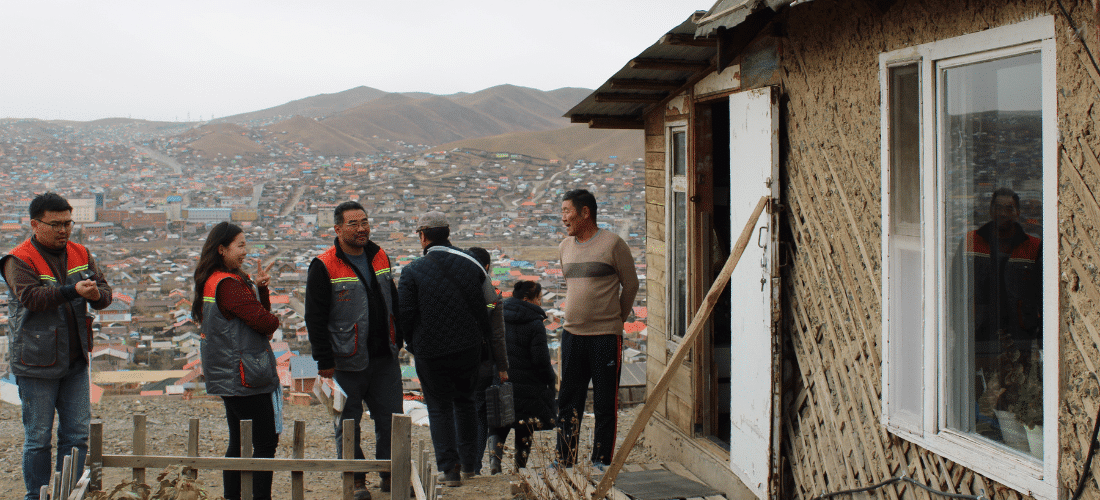
In Ulaanbaatar, our actions to fight against air pollution are extended until 2026
Ulaanbaatar is the most polluted city in winter. Since 2018, Geres and its partners with the support of the EU-funded Switch Asia ...
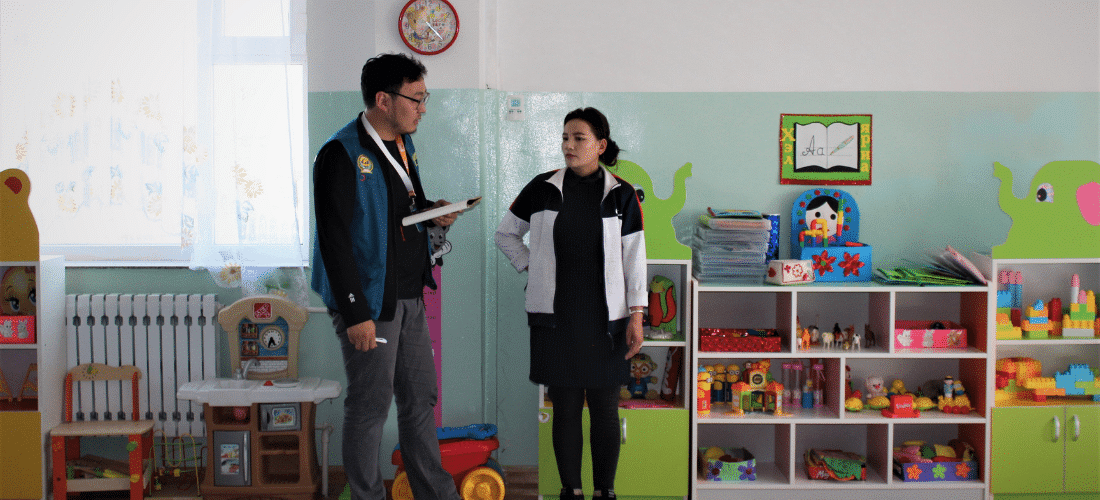
In Mongolia, a look back at the energy efficiency actions carried out in a school and a hospital in Arkhangai
Improving educational conditions by optimizing the energy efficiency of public buildings in the province of Arkhangai in Mongolia is ...
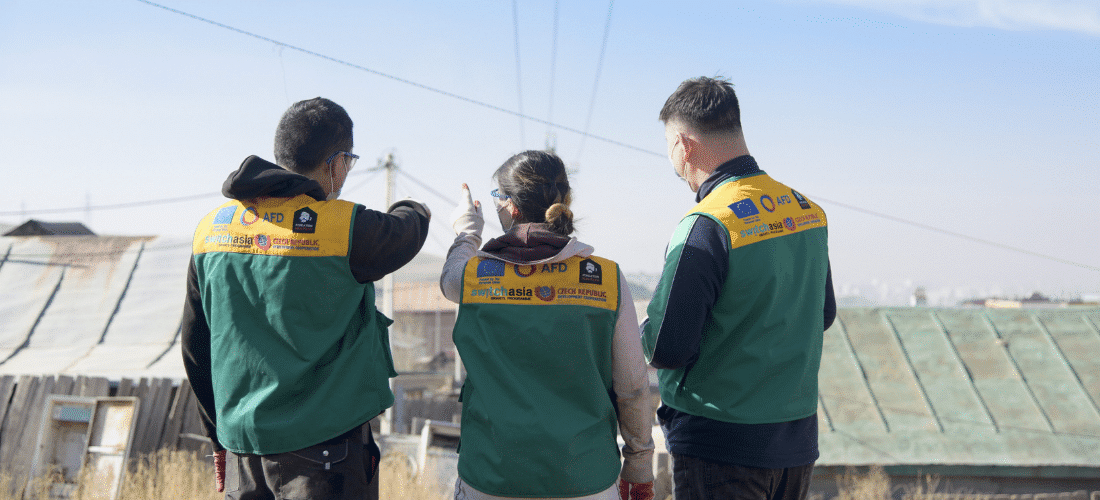
Geres successfully closes the Switch Off Air Pollution project in Ulaanbaatar and announces new activities
Since 2018, Geres has been running a project with its local partners and the municipality of Ulaanbaatar to provide communities and ...
WOULD YOU LIKE TO TAKE ACTION
AND SUPPORT WHAT WE DO?
Tell us who you are and find your means of action.

